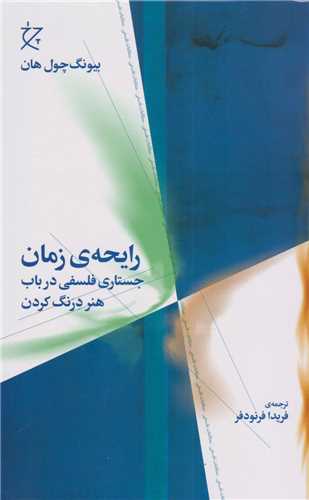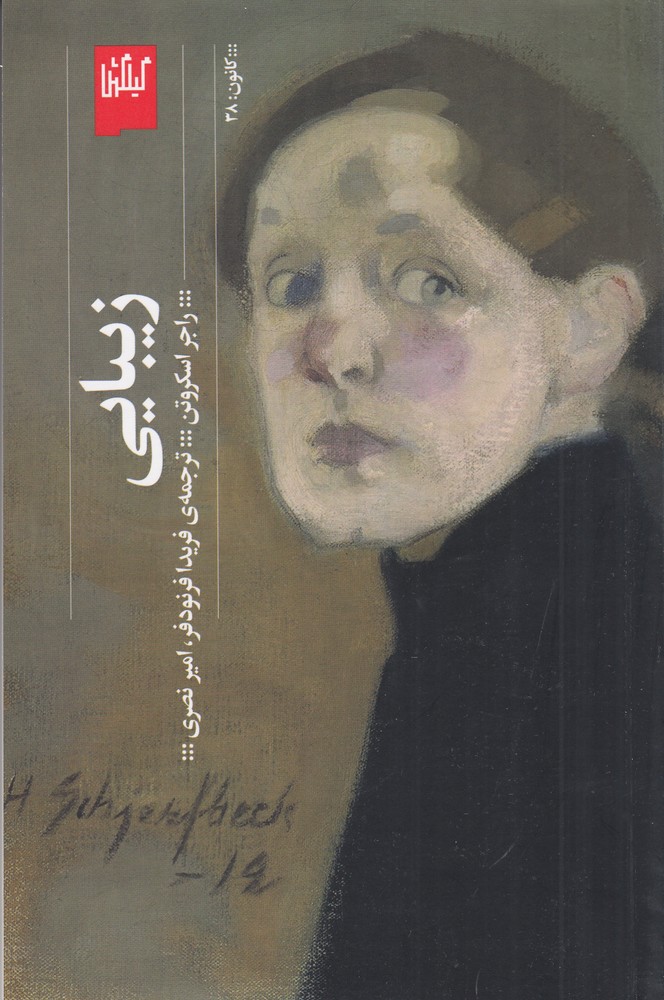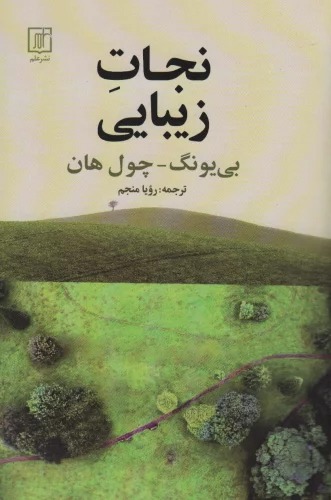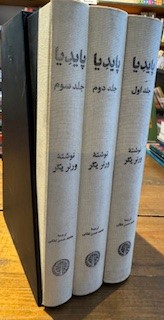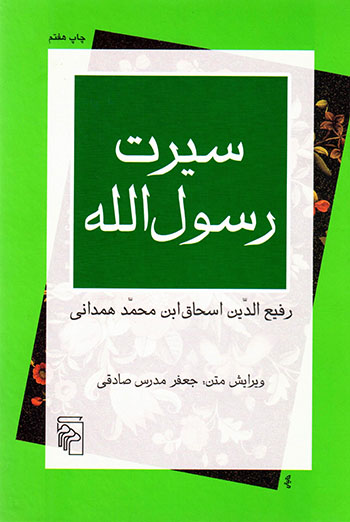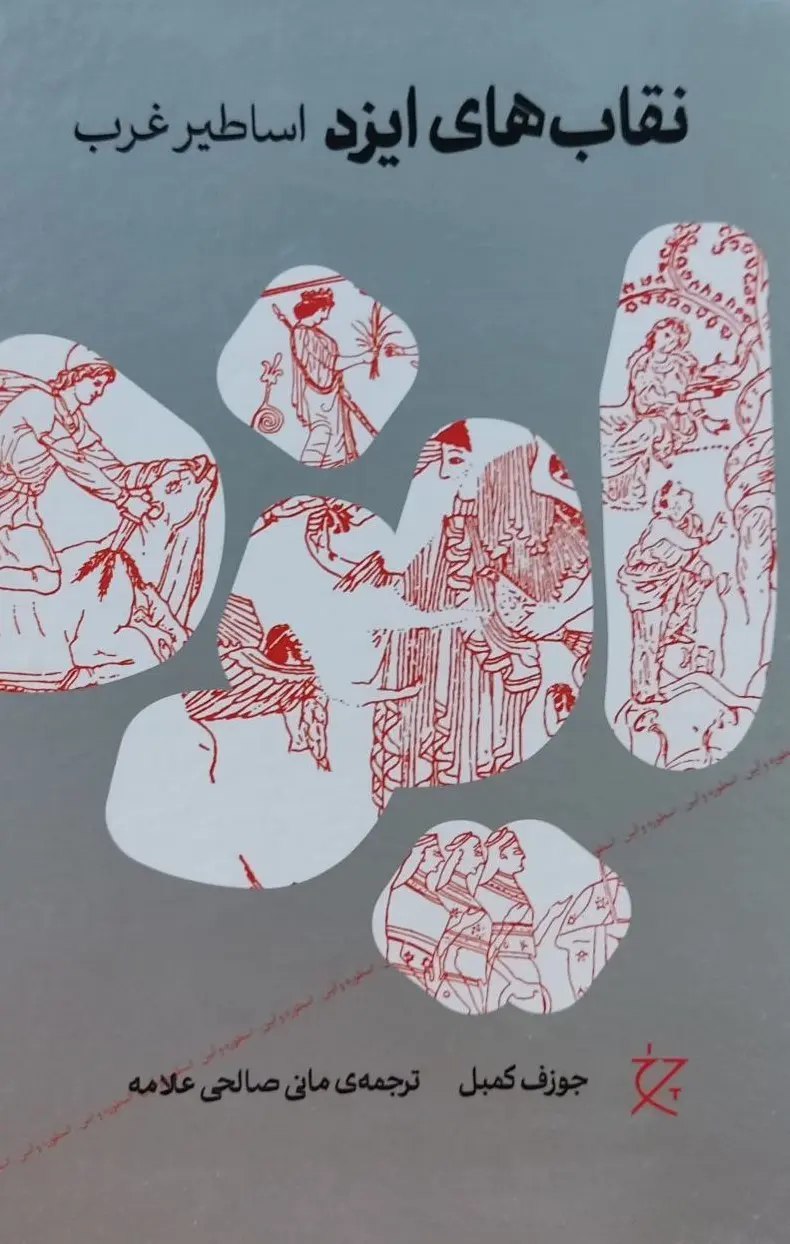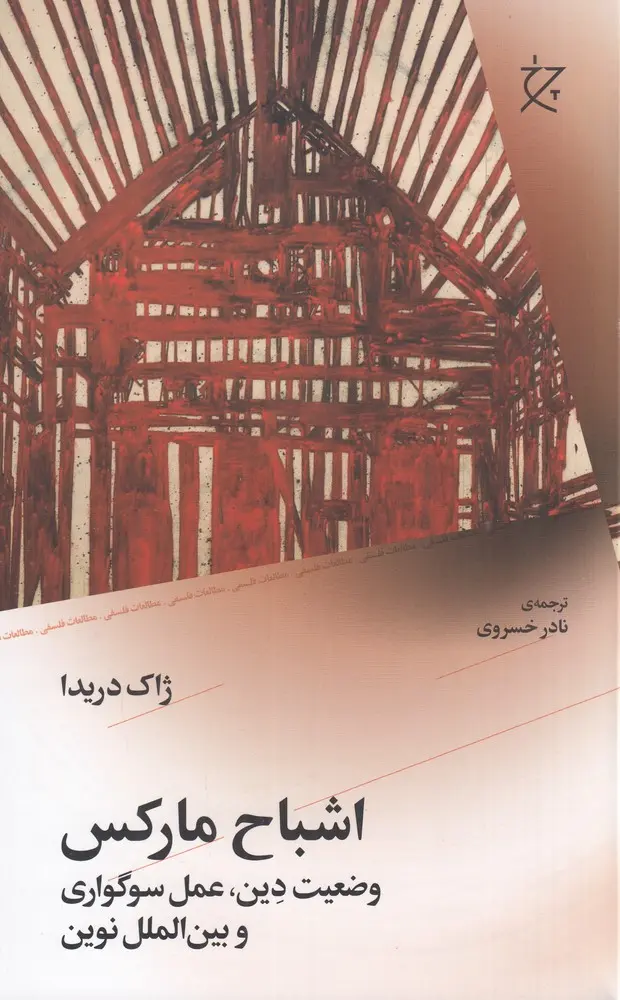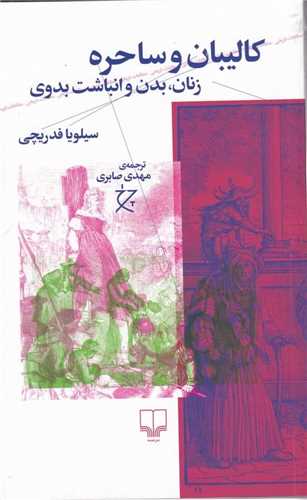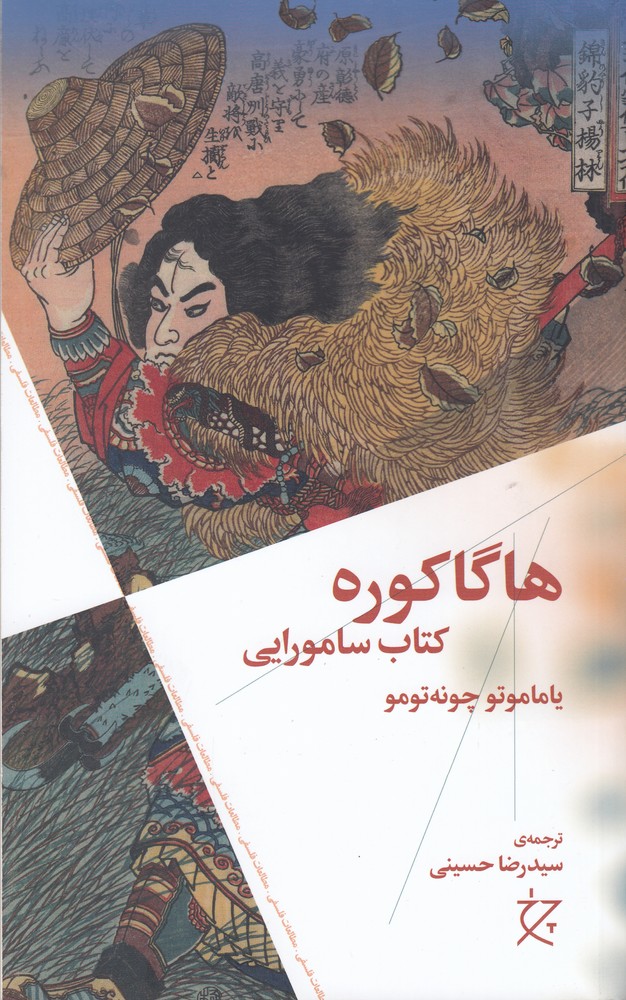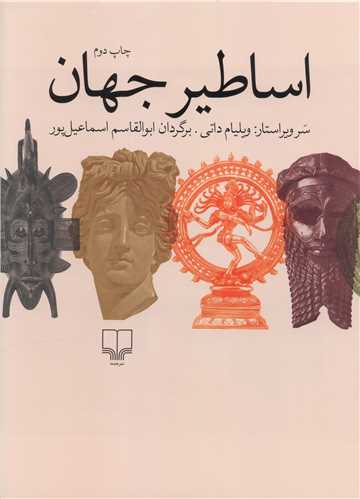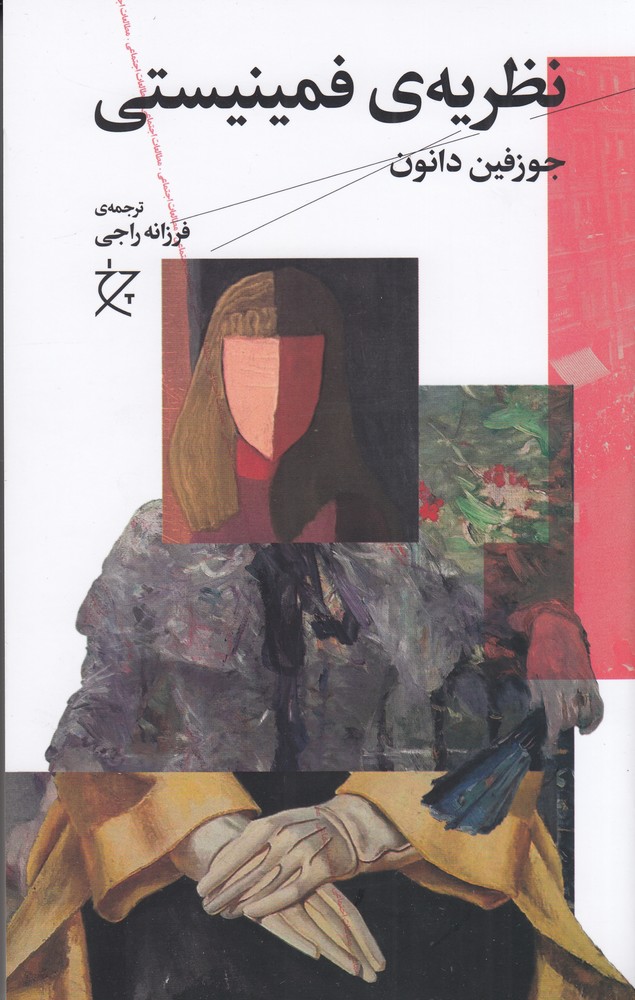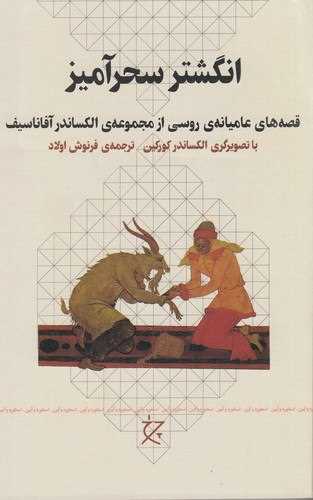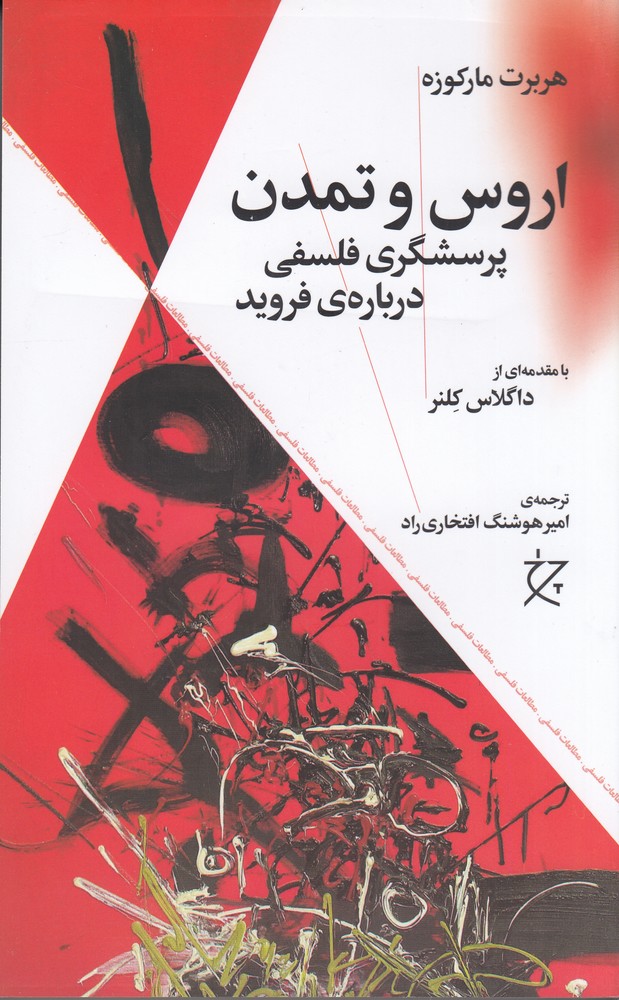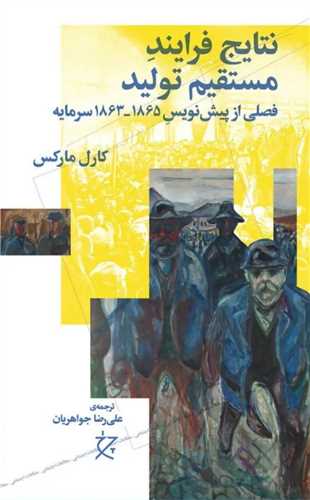Rāyiḥah-yi Zamān: Justārī Falsafī dar Bāb-i Hunar-i Dirang Kardan: Persian 2023
رایحهی زمان: جستاری فلسفی در باب هنر درنگ کردن
20.34 $
Share
Wishlist
Original Title:
Duft der Zeit: Ein philosophischer Essay zur Kunst des Verweilens
ISBN:
9786225250659
Translator:
Firīdā Farnūdfar
Publisher:
Charkh
Age Group:
Adult
Pages:
143
Weight:
215 g
Dimensions:
14 x 21 x 1.3 cm
Book Cover:
Paperback
Byung-Chul Han reflects in this essay on the contemporary temporal crisis, in dialogue with Nietzsche and Heidegger. The transience of each moment and the absence of a rhythm that gives meaning to life and death places us before a new temporal scenario, which has already left behind the notion of time as a narrative. According to Byung-Chul Han, we are not faced with an acceleration of time, but rather with temporal atomization and dispersion—which he calls dyssynchrony. Each moment is the same as the other and no rhythm or direction gives meaning to life. Time escapes because nothing concludes, and everything, including oneself, is experienced as ephemeral and fleeting. Death is just another moment, which invalidates the experience of death, in Nietzsche and Heidegger for example, as the consummation of a meaningful unity.
This book traces, historically and systematically, the causes and symptoms of this dyssynchrony. But the end of time as a narrative duration does not have to bring with it a temporal void. On the contrary, it gives rise to the possibility of a life that does not need theology or teleology, and that despite this has its aroma. But for this a change is necessary. In the words of Byung-Chul Han, "The temporal crisis will only be overcome at the moment when the vita activa, in full crisis, welcomes the vita contemplativa into its bosom again."
more
رایحهی زمان، جستاری فلسفی در باب زمان و بحران انسان معاصر در ادراک زمان است. نویسندهی کتاب، پیونگ چول هان، ادراک انسان معاصر از زمان را ناپیوسته، نابهنگام، بیرایحه و بیجهت توصیف میکند. و دلیل آن را عمدتا ناشی از غلبهی وجه عملورزانهی زندگی انسان امروزی و دلمشغولی بیش از حدش به کار میداند که او را در حد یک حیوان زحمتکش تنزل داده است. کار و فعالیت بیش از حد، قابلیت نظرورزی، درنگ، نگاه با طمأنینه و صمیمی به افراد و اشیا را از او سلب کرده و بیجهانی، بیزمانی، بیمعنایی و چه بسا بیهویتی را برای او رقم زده است. راهکار نویسنده برای فایق آمدن بر بحران مذکور، احیای زندگی نظرورزانه در بطن زندگی عملورزانه و یادگیری هنر درنگ کردن است. اگر انسان ظرفیت لازم برای نظرورزی و درنگ کردن را از نو کسب کند، زیست او زمانمند، مکانمند، واجد دیرند و وسعت میشود و از زمان رایحهای ماندگار شبیه به رایحهی چوب درخت بلوط به مشامش خواهد رسید. تحت چنین شرایطی، تجربهی امر زیبا و شناخت حقیقت برای وی اساسا امکانپذیر خواهد شد.
more

